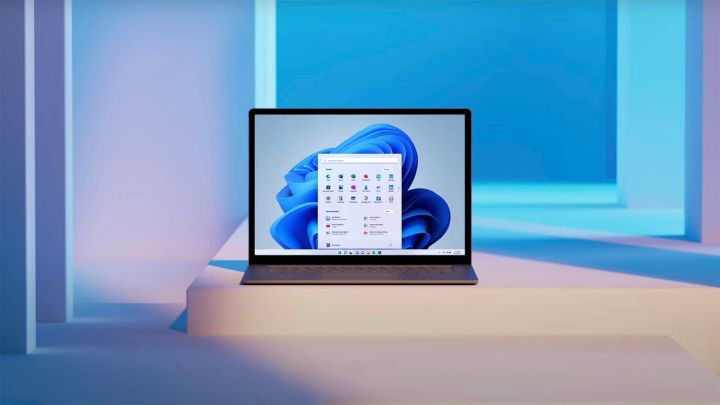
Most Windows users will agree that one of the most annoying things about the operating system is the updates. While Windows Updates are necessary, they often tend to come up at the worst possible time, interrupting work and gaming sessions with persistent reminders that the system needs to reboot. Microsoft might be fixing that problem in the upcoming Windows 11 24H2 build, but it’s still too early to bid farewell to those ill-timed reboots.
As spotted in the latest Windows 11 Insider Preview Build 26058, Microsoft is testing “hot patching” for some Windows 11 updates. Hot patching refers to a dynamic method of updating that often doesn’t change the software version and may not even need a restart. In the context of Windows 11, it’s pretty straightforward — Windows will install the update, and you won’t have to reboot your system.
Microsoft is no stranger to hot patching. This method has been used in Windows servers and on Xbox consoles. This doesn’t mean it’ll be able to implement this into Windows 11 for consumers all across the board, though.
According to Zac Bowden of Windows Central, hot patching may only be used in the monthly security updates that Microsoft pushes. While this should remove the nuisance of having to reboot on command most of the time, you’ll still have to do it occasionally; Bowden says that means reboots in January, April, July, and October.
Many people restart their PCs on a daily basis, but even then, the forced reboot from Windows Update can get annoying. The updates sometimes take time to apply and may require more than a single PC restart, and the pop-up reminders make it feel like even more of a chore.

Hot patching is still pretty far from being implemented, as it’s set to ship alongside the rest of the new features in Windows 11 24H2, and it’ll have a new hardware requirement that the previous builds did not. More importantly, it’s still unclear whether hot patching will even make it to consumer versions of Windows; it could end up being a feature for commercial clients, such as Windows 11 Enterprise or Education.
If hot patching makes it to Windows 11 Home and Windows 11 Professional, it’ll be a notable quality-of-life improvement for Microsoft’s customers.



